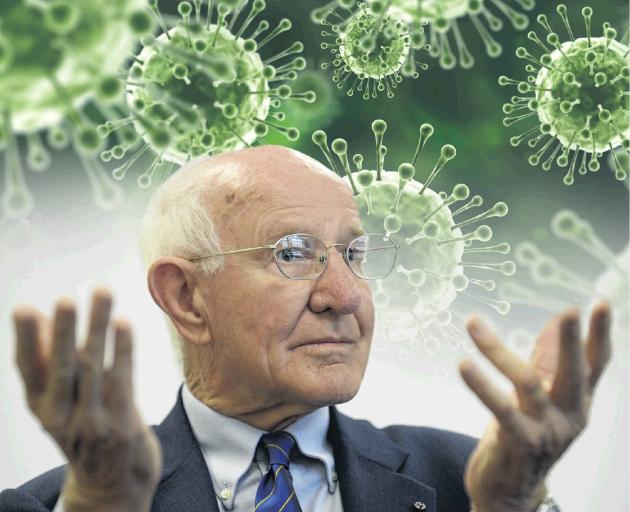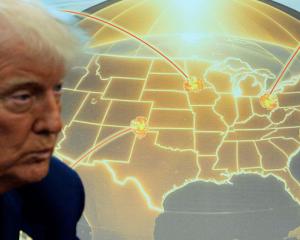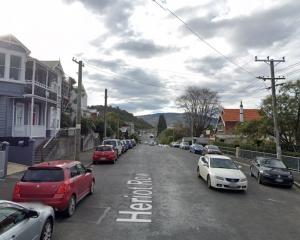You have repeatedly said it is not "if" but "when" a deadly pandemic such as the 1918 Spanish flu hits again. Is this the big one you have been predicting?
No, this is not the big one. It is a warning from nature of the cost of not being prepared. Hopefully, the world will take note of the potential for emerging diseases to disrupt society. Like the 1918 Spanish influenza, the big one will cause a higher death rate.
What are the transmission and death rates of Covid-19 compared with other outbreaks we have seen?


The response of governments was initially disappointing. They were not prepared with safety equipment for healthcare workers and ventilators for the severely affected. Most countries failed to prepare for testing after the Chinese provided the genetic information of the virus. Will the collapse of the stock markets motivate politicians or will it take a shortage of coffins to get their attention?
If New Zealand manages to contain the spread of the virus to a low level, does it make us more susceptible in the long-term?
Hopefully, by containing the spread of Covid-19 New Zealand will "buy" sufficient time for a vaccine to be produced, either that or medicine that is effective becomes available. The policies being introduced in New Zealand are right on target to reduce the spread.
What do you know about the progress of work to get a vaccine?
There is a global arms race to prepare and safety test a vaccine. RNA vaccines, DNA vaccines and protein sub-unit vaccines are all under study. Passive immunisation with globulins prepared from recovered patients was about 50% effective for the 1918 Spanish influenza. China is actively preparing globulin, and globulin treatment has recently been approved by the United States Food and Drug Administration for emergency use for patients in need.
How is this pandemic likely to play out?
Provided the virus does not develop a more virulent strain, as occurred to create the 1918 Spanish influenza, then the Covid-19 pandemic will disrupt society and likely cause a recession, but a relatively short-lived one. My question is, will China permanently shut down exotic animal markets and will society prepare for the inevitability of other global natural threats?
Are we in a period of history when these sorts of events are more likely?
The short answer is that we are at a global population density where such events are inevitable.













